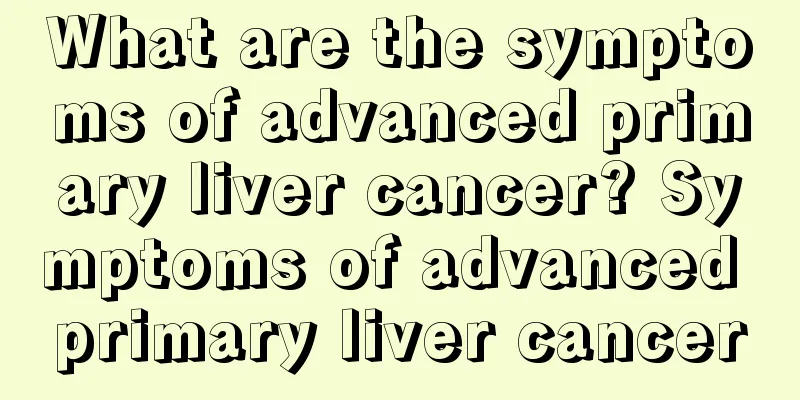How long can you live after surgery for early laryngeal cancer

|
Laryngeal cancer is divided into primary and secondary types. Primary laryngeal cancer refers to tumors that originate in the larynx, with squamous cell carcinoma (90%) being the most common. Secondary laryngeal cancer refers to malignant tumors from other parts of the body that metastasize to the larynx, which is relatively rare. The main symptoms of laryngeal cancer are hoarseness, dyspnea, cough, dysphagia, cervical lymph node metastasis, etc. People at high risk should pay attention to quitting smoking, drinking moderately, and taking preventive measures. Early detection and early diagnosis and treatment are very important for reducing the harm of laryngeal cancer. On the one hand, it can improve the patient's survival rate after surgery, and on the other hand, it is possible to preserve the pronunciation function of the larynx as much as possible and reduce postoperative complications. For patients with early laryngeal cancer, the overall therapeutic effects of surgery and radiotherapy alone are similar, but this type of surgery requires high technical skills, and after surgery the patient loses his voice function and his quality of life decreases. Therefore, radiotherapy alone can be chosen for early laryngeal cancer, which is listed as an equal treatment method as surgery in the guidelines. Early symptoms of laryngeal cancer: hoarseness Hoarseness may seem like a small thing, but it is the earliest sign of glottic laryngeal cancer. Laryngeal cancer is a tumor that grows on the vocal cords, which affects the voice and causes hoarseness. If unexplained hoarseness lasts for half a month, you should go to the hospital for a check-up. Coughing up with blood in sputum will cause an irritating dry cough under the stimulation of the tumor. Patients often feel sticky mucus. When patients "clear their throats", they will find that there are streaks of blood in the sputum. Sensation of a foreign body in the throat Feeling that there is a foreign body in the throat or discomfort when swallowing are early symptoms of glottic laryngeal cancer. The treatment effect of early glottic laryngeal cancer, also known as vocal cord cancer, is still very good. The goal of radical cure can be achieved through endoscopic laser resection of the vocal cords or radical radiotherapy. Moreover, only follow-up observation is required after the operation, and no further radiotherapy or chemotherapy is required. The five-year survival rate after treatment of this early vocal cord cancer can reach more than 90%. The voice quality may decline after the operation, but it will not affect normal daily communication. |
<<: Can early primary lung cancer be completely cured?
>>: Can breast cancer be completely cured?
Recommend
How often should cervical cancer screening be done
Cervical cancer screening is generally recommende...
Decreased serum globulin
There are many reasons that may cause low serum g...
Is the coating of medical stone pot poisonous?
In Korean cuisine, stone pot rice plays an indisp...
What are the early symptoms of liver cancer
The development of this cancer is relatively hidd...
Can I take vitamin C while drinking alcohol?
You must not take vitamin C after drinking alcoho...
Will bile duct cancer be inherited by the next generation
People who suffer from bile duct cancer are very ...
Red spots on thighs
In life, red spots will appear on the thighs in m...
A joke about black beans and sugar
Black beans and brown sugar are both essential fo...
How to remove mites from the body
Mites are a relatively common parasite. Although ...
Correct use of honey and egg white
A facial mask made of honey and egg white can be ...
What are the effects of purple dragon crystal
In life, many people have the habit of wearing cr...
Complications of clubfoot surgery
Clubfoot is actually a congenital disease. Genera...
Ten signs of depression that should not be ignored!
As material prices continue to rise in real life,...
There are many benefits of exercise after breast cancer surgery
Many breast cancer patients suffer from great men...
What are the benefits of soaking your feet at night
Foot soaking has many benefits. For people with c...









